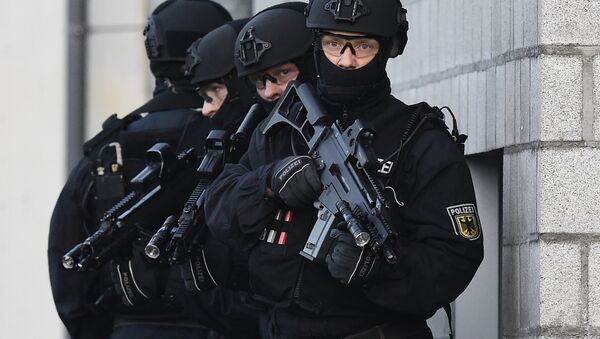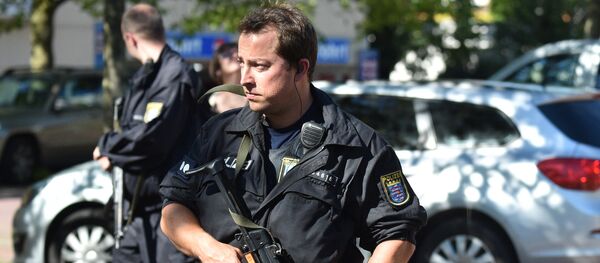Hans-Georg Maassen, president of the Federal Office for the Protection of the Constitution (BfV), said that Germany's anti-terror operations are facing a new type of threat from terrorists who use the internet and social networks to communicate.
Maassen's intelligence agency identified Facebook, WhatsApp and Telegram as particularly popular tools of communication among terrorists, who use them to send personal and group messages with end-to-end encryption.
"Islamic terrorists are using the internet and social media to as a hybrid tool of warfare," and these internet services "are the communications provider for the Islamic scene in Germany," the intelligence chief said.
The BfV also warned about the alarming increase in Salafism in Germany. In June this year, there were 8,900 known Salafists, but the BfV has now identified 9,200.
Salafism is a fundamentalist form of Sunni Islam which condemns theological innovation, advocating strict adherence to Sharia law and the instigation of a theocratic Islamic state.
The BfV also confirmed fears that Daesh (ISIS/ISIL) terrorists infiltrated refugee centers in Germany by posing as refugees during the migrant crisis last year.
"Different criminal groups such as sleeper cells, returnees and jihadists who are planted among refugees are acting together," the BfV said.
On Tuesday German police arrested three men with Syrian passports in refugee centers in the German states of Schleswig-Holstein and Lower Saxony on suspicion of terror offenses, the newspaper B. Z. Berlin reported on Tuesday.
The men are believed to have links to the Daesh terrorists who carried out the Paris attacks in November last year that left 130 people dead, since their travel documents had been produced in the same workshop.
They left Syria in October 2015 and arrived in Germany in November via the same people smuggling network, using the Balkan migration route. In addition to passports, they were carrying thousands of dollars and cell phones with special communications programs installed on them which investigators believe were provided by Daesh.
However, the intelligence agency has identified a "new type of perpetrator," a solitary would-be terrorist, using social networks to get in touch with Daesh or other terror groups. The terror group then controls the actions of the ostensibly "lone wolf" attacker.
"These attackers are remotely controlled from abroad using instant messaging," Maassen said, as reported by the Rheinische Post (RP).
Of the last 15 major terror attacks carried out in Europe over the past two years, 12 were carried out by lone attackers.
Last month the German newspaper Der Spiegel reported that two lone wolf terrorists who attacked the German cities of Ansbach and Wurzburg in July this year had exchanged internet chat messages with Saudi Arabian members of Daesh, who gave them orders on how to carry out their attacks.





